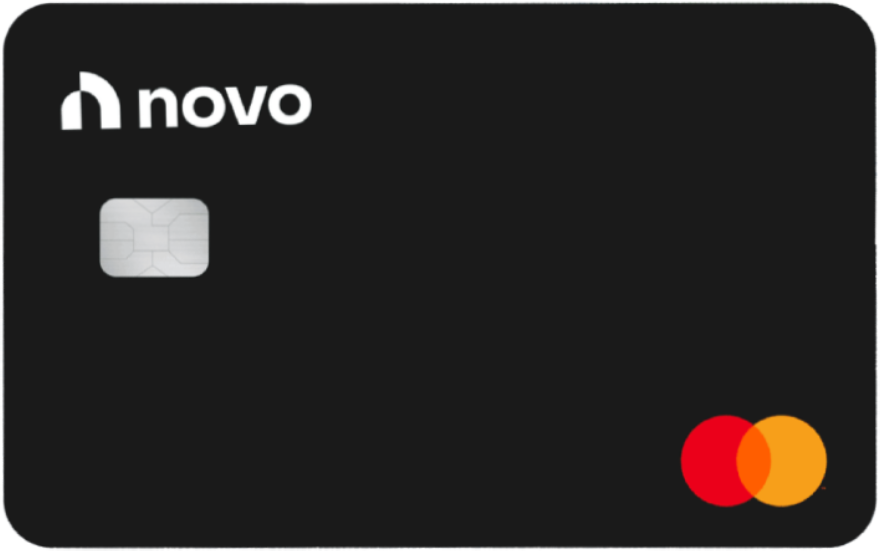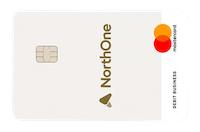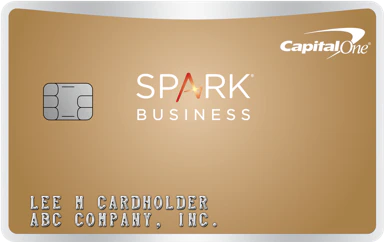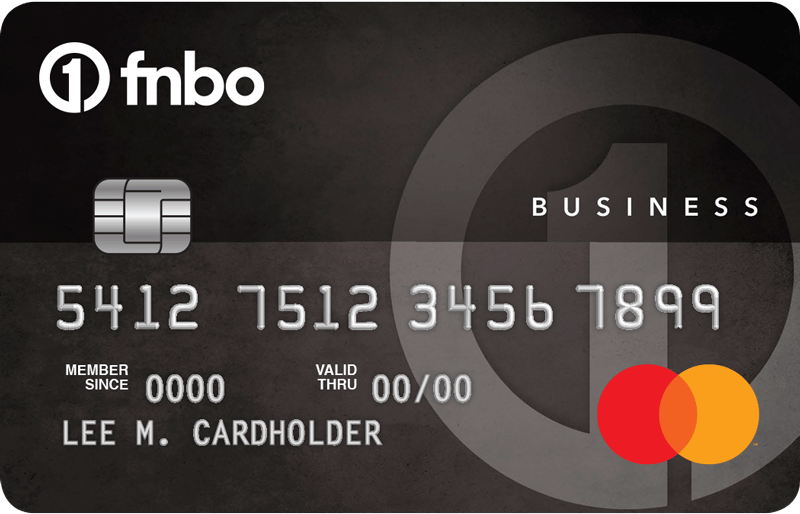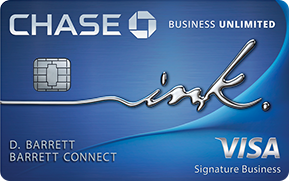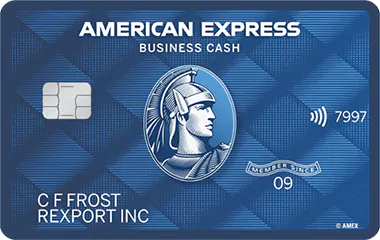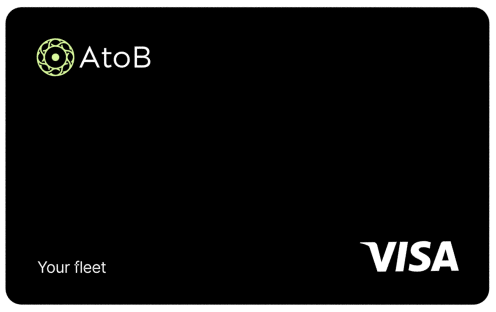-
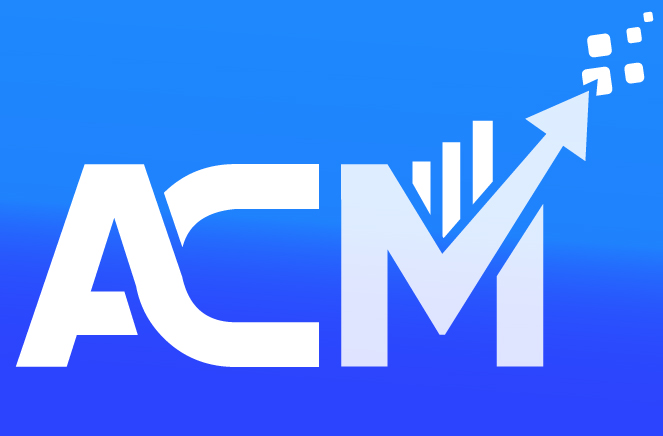
Small Business Bank Accounts
Business Banking 101
Launching a business without a bank account? Don’t let hassle or expense stop you from taking this vital step. All businesses should open their own checking accounts, so jump ahead of the competition and get yours up and running!

-
NuLife Kicks, Las Vegas, NV

Which Business Bank Account Is Right For You?
With so many banking options out there, it can be hard to decide which is best for you. Don’t fret – we’re here with a comprehensive breakdown of the pros and cons associated with each option to help guide your decision-making process. So whether you’re considering opening up that traditional checking account or venturing into newer digital banking territory, rest assured: We’ve got all the information necessary on hand!
Digital Banks (No branches) vs. Traditional Banks (Brick and Mortar)
Digital Banks 101
Get ready to wave goodbye to branch visits and trips with your paper checkbook – digital banking is here! With its security, convenience, user-friendly services and worry-free compliance standards, online banks present an entirely new era of money management. Plus they often boast higher Annual Percentage Yields (APY), lower account fees and minimum balances too. Many even partner up with traditional banks so you can access the latter’s back end while enjoying all the front facing benefits that come along with a purely virtual bank experience.
What is a Traditional Bank?
Traditional banks provide a wealth of services and are an invaluable asset to small businesses. In addition to be FDIC insured, they offer far more than the basics, with features like notary capabilities, safety deposit boxes, foreign currency exchange options, plus unique branding opportunities with customized checks! Traditional institutions also come equipped with knowledgeable business bankers who can draw on their expertise to point out valuable advice tailored specifically for your needs – something particularly helpful if you’re managing complex financial accounts.
When choosing a financial institution for business banking, smaller banks and credit unions can offer more competitive APYs – ideal for startups just getting off the ground. However, building an early relationship with traditional banks has its perks: when you’re ready to apply for loan products in the future, established account holders often enjoy their own distinct benefits like lower interest rates on term loans.
With traditional banks, it is a little like walking a tightrope – higher costs and lower APY in exchange for the potential reward of better conditions and fewer limitations. But do you have what is takes to meet their balance minimums? The answer might determine whether or not open an account.
Online Banks are Best for Low Fees and Basic Banking Functionality
If you’re in the business of collecting payments for services, digital banking may be the way to go. Whether you run a creative agency or offer blog writing services online, using a digital bank allows for seamless transactions and access to special features lacking with traditional banks. With its ease-of-use capabilities, it’s an ideal option if most your revenue is gained through electronic means!
Traditional Banks are Best for In-Person Banking and More Complex Banking Solutions
Does your small business require complex solutions, like real estate investing or multiple locations? If so, you’d be better off with a larger, more traditional bank rather than online banking services. Consider this: do you need to move quickly and access essential features such as cashier checks, depositing cash and notary services? These might not always be available if using an online option – making brick-and-mortar banks the wiser choice for time sensitive operations!
Another Option: Hybrid Approach
Small businesses are “hacking” the banking system with a hybrid approach that allows them to benefit from both digital and traditional finance. By maintaining an ample amount in their online bank account, they enjoy increased earnings on interest while wisely depositing sufficient funds at their local branch for any unexpected costs. A great way to create wealth!

Business Banking
Novo
- No minimum deposit
- No monthly fees
- Additional capabilities such as invoicing
How to Open a Business Bank Account
Choosing the right bank account for your business can seem daunting, but with a few key considerations it doesn’t have to be! Gather up proof of identity and address as you would expect; additionally remember not to forget about an opening deposit. While different banks may require varying levels of documentation at sign-up, make sure that any minimum balances are well within reach before committing – after all, there’s no sense in having an awesome new banking relationship if they don’t work out because you underestimated costs down the line!
Don’t worry if each institution has different documentation requirements beyond what we list here: in the end its worth having the peace of mind that secure banking provides!
Required personal information
- Name, date of birth, and Social Security number
- Contact details and mailing address
- Percentage of ownership in your company
- A picture ID issued by the government, such as a driver’s license or passport
- If your company has several owners, you’ll need to submit personal information and identification for each one who owns 20% or more of the company
Required documentation and business details
- DBA (doing business as) or trade name (if applicable)
- Your business’s address
- Employer identification number, or EIN. (Single-member LLCs and sole proprietorships may be permitted to utilize their Social Security numbers.)
- State Business License
- Articles of Incorporation or Articles of Organization (LLC)
- Operating Agreement (LLC)
- Partnership Agreement (if applicable)

Business Debit Card
NorthOne Business Banking
- Easy set up with no minimums
- Transparent & simple fee structure
-

Partner
🏦
Do Small Businesses Really Need Checking Accounts? YES!
Ready to take the next step in your business journey? Setting up a dedicated bank account is an essential part of paving the way for financial success and scaling. Don't miss out on this important piece of the puzzle!
Once you’ve made the decision to start your own business, one of the very first things you should do is head to the bank and open a business checking account. There are multiple reasons why this is a healthy step for a business. A business checking account will streamline cash flow and make record keeping much more efficient. Additionally, a business account lends itself to easy finance tracking. A separate business account can help signify to the IRS that your venture is a business and not just a side project or hobby, making more of your expenses tax deductible.
When you’re hoping to get credit for your business, lenders and card providers need more than just promises. They require a statement from your company’s bank account – not Venmo, CashApp or PayPal– in order to make their decision.
Business Checking vs Personal Checking Accounts
This rule is so underrated - Keep your business and personal accounts completely separated
Your business is a separate entity–with its own finances! By getting yourself a dedicated business bank account, you can streamline your money management and create an organized system that helps keep track of cash flow and expenses. Additionally, it provides the perfect platform to start building up those crucial credit records. And if ever you need to give yourself some financial support for personal matters? Consider putting in place direct salary payments into your private accounts – just another way of keeping work life separated from home sweet (and paid) home.
Lenders can only deposit funds into a business bank account
When it’s time to take your business up a notch, you may need to leverage the help of borrowed funds. But before lenders will sign off on an offer, they typically want proof that there’s financial stability in place – meaning three months worth of bank statements from a dedicated business account are often necessary for submission. Put away those calculators and get ready; scaling is underway!
Business bank account statements provide lenders with much-needed assurance that your loan will be used for business expenses only. To protect their investment, lenders use bank statements to ensure funds are only used responsibly — on legitimate business costs and not personal expenses or fraud. Even during the pandemic-led Payment Protection Program (PPP) of 2020, depositing funds into a personal account was still rare – just another reminder that your company’s finances must be treated separately.
Banking Relationships are Important
When it comes to achieving success in business, the power of banking relationships is invaluable. From finding tailored solutions for your unique financial needs and securing better rates to reaping assistance with funding opportunities – a strong partnership between you and an established bank can open up a realm of possibilities! That’s why Chase or Wells Fargo are so popular among entrepreneurs; but don’t discount local banks and credit unions either – they just might be able to offer that coveted personal touch when working out flexible terms on financing options.
Business Banking and Taxes
As a small business owner, you can take advantage of smart tax deductions not available to individual accounts – and your accountant will need records from those dedicated business expenses. If you’re just getting started solo-style, technically speaking an EIN isn’t necessary, nor do personal and work taxes have to be filed separately (just roll it all in on the same return). But why complicate things? With QuickBooks Self Employed hooking up a separate account is simple; each expense clearly labelled so your finances are always organized with ease!
-
🥇 Comparing Business Banks
Small Businesses
Access Capital Credit Card
Spark® Classic for Business Credit Card
Store Credit Card
Business Secured Credit Card
Business Secured Credit Card
Ink Business Unlimited® Card
Blue Business Cash™ Card
Fleet-focused Credit Card
Business Credit Card
Compare the Top Business Banks
Business Banking Options
Debate the pros and cons on our list of best business banks.
| Business Bank | Pros | Cons | Offer |
|---|---|---|---|
| Nearside | No monthly fees or minimums, 2.2% cashback with debit card | Deposits at ATMs only, reviews mention bugs | Coming Soon! |
| NorthOne | Easy set up with no minimums, transparent and simple fee structure | Unwaivable $10 monthly fee, mixed reviews | Get NorthOne |
| Novo | No minimum deposit, no monthly fees, additional capabilities such as invoicing | No wire services, no cash deposits | Get Novo |
| Chase Business Complete Banking | Convenient if using other Chase services (ie, personal banking), SBA-preferred lender | Lots of fees with complex structure, favors those with large deposits | Not Affiliated |
| Bank of America Business Advantage Fundamentals | Largest coverage of traditional banks, rewards program available | $20k deposit minimum for rewards program, few perks for young businesses | Not Affiliated |
| Capital One Spark Business Basic Checking | No transaction fees, good online banking abilities | Incoming wire fees, deposit fees for monthly deposits above $5k | Not Affiliated |
| US Bank Silver Business Checking Account Package | No monthly fees, no transaction fees if less than 125 transactions per month | High overdraft fees, incoming wire transfer fees | Not Affiliated |
| Wells Fargo Initiate Business Checking | Largest network in US with robust small business services, low fees | Many poor customer reviews, shaky reputation | Not Affiliated |

Not an Access Capital member?
Download the app today!
Building business credit can be hard. Don’t do it alone. We empower you to build credit, get funding, & take control of your business.


Join for free on the web.
Our web app is lightning fast and works great in most modern web browsers. Sign up for a free Access Capital account today.
Apply for an Access Capital Card today!
Business Credit is a Big Deal. Let’s start building your business by building your business credit.

